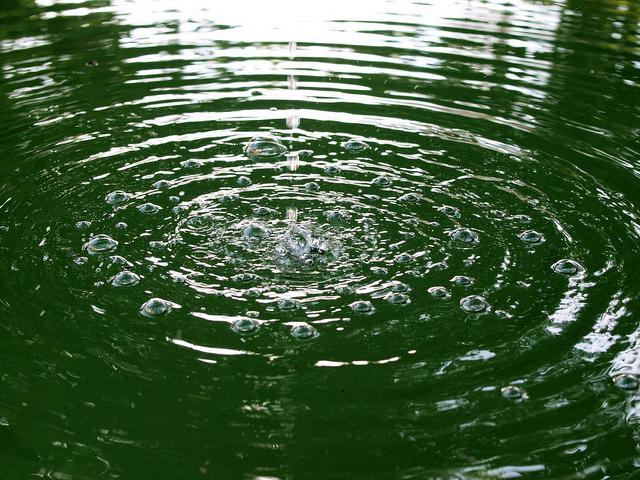As the weather gets warmer and snow starts to melt, the Department of Natural Resources is warning private well owners to be on the lookout for possible water contamination.
Clean drinking water is a concern every spring because when the ground is still frozen, water can flow over wells and contaminant them.
According to Sharon Long, Wisconsin State Laboratory of Hygiene director of environment, private well owners are especially at risk this year after record snowfall in certain parts of the state.
“This year we can say that there’s a lot of indicators that suggest that there’s more risk,” Long said. “There’s always a risk depending on if you have a shallow well or if you have one that’s very old as well, but because of the snow melt the risk is higher this year.”
Because the ground is frozen, water cannot penetrate the soil, so anything applied to the ground will run off rather than soak in to the field when it rains or there is flooding, according to Ken Bradbury, a spokesperson for the Wisconsin Geological Survey.
Bradbury warned that those in low lying areas or with lower wells are particularly at risk as water would more easily flow over the top of the well.
“If water should come up over the top of the well, then you get surface water running in to a well,” Bradbury said. “That’s how you can get all kinds of contamination.”
Some of the contaminants that pose the biggest risk to well owners are animal feces, waste water from flooded septic systems and certain pathogens, Long said. Bacteria, parasites and nitrates in particular can have adverse health effects.
To avoid contamination, Long said well owners should check for changes in their water. If the water has a smell or if the water changes to a brown or yellow color they should have someone check their water for bacteria and nitrates.
“One thing that well owners can do is boil all their water. This won’t affect nitrate contamination but it will kill bacteria,” Long said. “Homeowners should try to use other sources for water to cook and drink if they suspect that their well has been contaminated.”
Bradbury said the Wisconsin Geological Survey recommends people with their own private well have it tested for nitrate levels and bacteria about once a year. The test can usually be conducted by the county health department, he said.
The elderly, those with infants and people with a compromised immune system are especially encouraged to be careful about testing their water supply.
“It is a time of year when we often start getting a lot of rain, and it is a time for people to think about their wells,” Bradbury said.
Those seeking more information about well treatment and where they can get their well tested should refer to the DNR website.
[Photo by Flickr user Roberto Verzo]

















